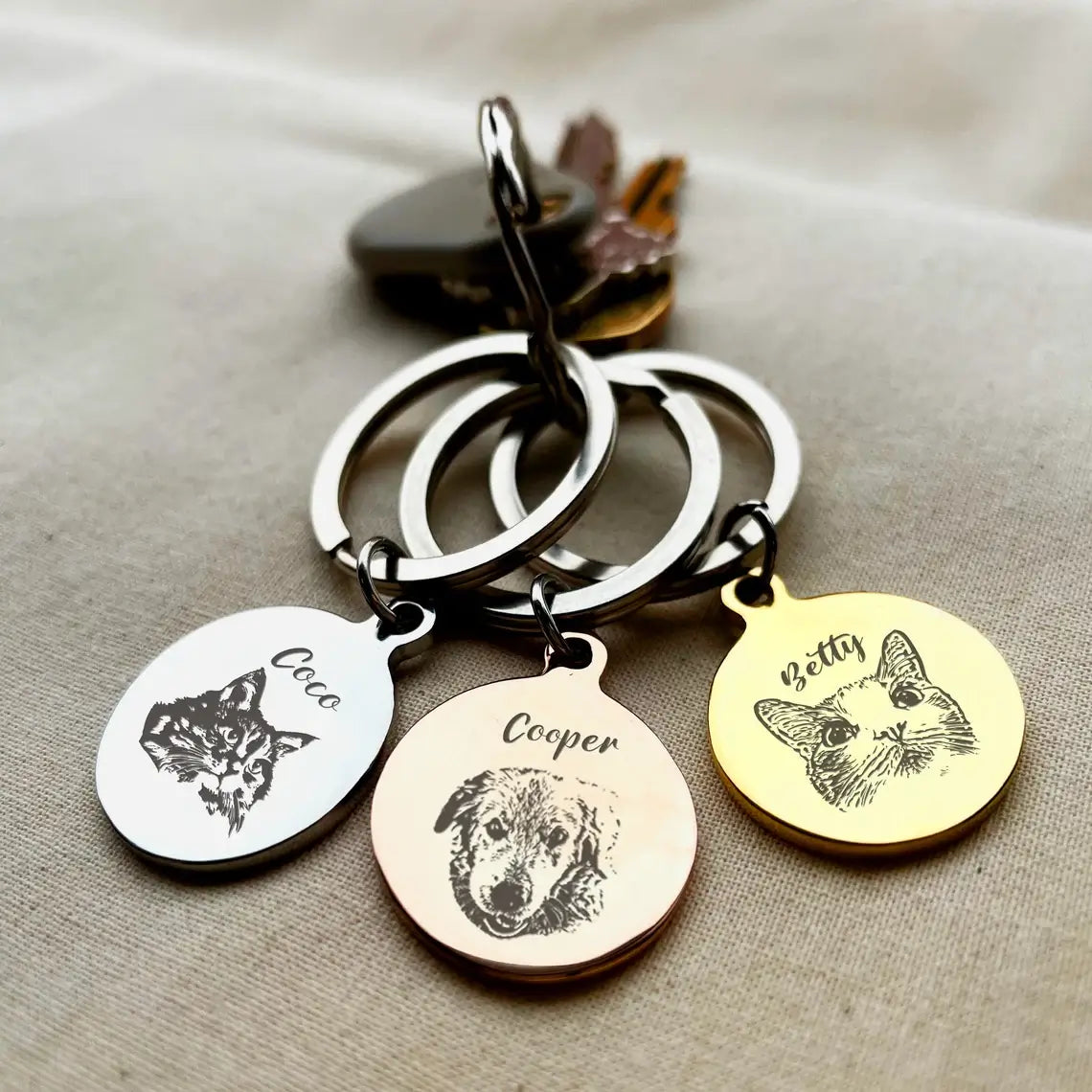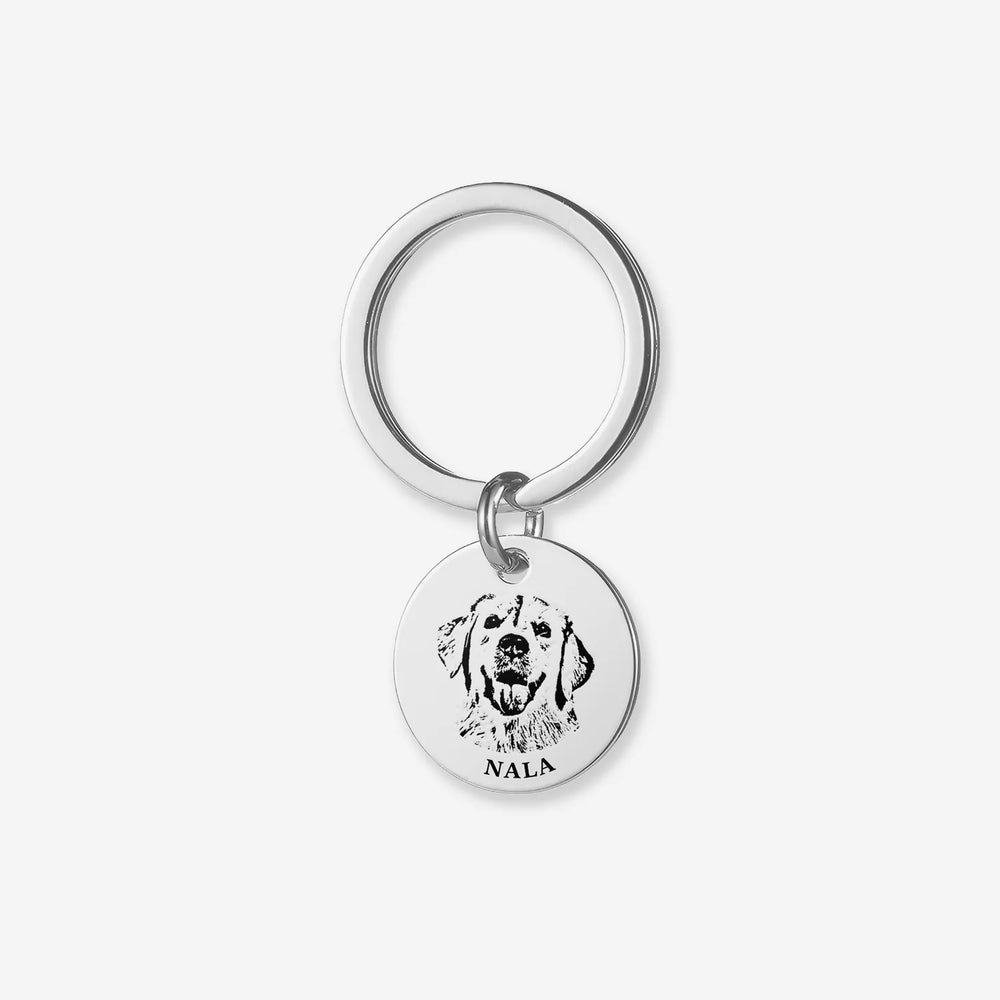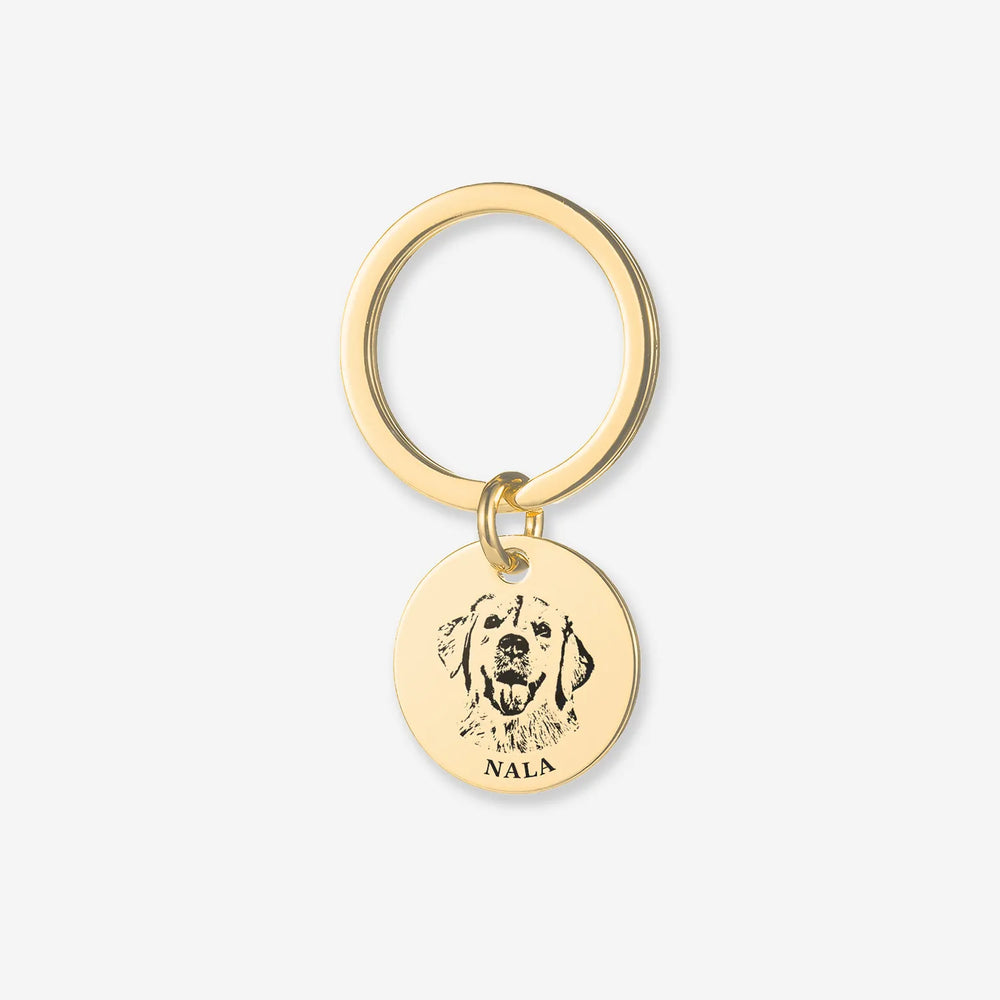Buy One, Get One FREE
GPS, Bluetooth, or RFID? Choose the Right Pet Tracker for Your Pet


As a pet owner, you know how precious your furry friend is. But with the hectic pace of modern life, it's easy for a pet to get lost or wander off. That's why pet trackers have become an essential tool for pet parents. However, with so many options available, choosing the right pet tracker for your pet can be a daunting task. In this article, we'll explore the key differences between GPS, Bluetooth, and RFID pet trackers and help you make an informed decision.
GPS Pet Trackers

GPS pet trackers are the most popular choice for pet owners. They rely on satellites to provide accurate location data, allowing you to track your pet's whereabouts in real-time. GPS trackers are ideal for pets who tend to wander off or live in rural areas with less dense cellular coverage.
Advantages:
- Accurate tracking, often within a few meters.
- Works in remote areas with limited cellular coverage.
- Allows for real-time tracking and alerts.
Disadvantages:
- More expensive than Bluetooth or RFID trackers.
- Requires a monthly subscription fee for cellular data.
- Batteries need to be recharged or replaced more frequently.
Bluetooth Pet Trackers

Bluetooth pet trackers work by connecting to your smartphone's Bluetooth signal. They're perfect for indoor use or for tracking your pet within a short distance outside. Bluetooth trackers are typically more affordable than GPS trackers.
Advantages:
- Affordable price point.
- Easy to set up and use.
- Good for indoor tracking or short distances outside.
Disadvantages:
- Limited range, typically under 100 meters.
- Requires your smartphone to be nearby and Bluetooth turned on.
- Not suitable for long-distance tracking or outdoor use.
RFID Pet Trackers

RFID pet trackers use radio-frequency identification to track your pet's movements. They consist of a small tag attached to your pet's collar and a reader that you can use to locate the tag. RFID trackers are typically used in conjunction with microchipping, providing an additional layer of security.
Advantages:
- Very affordable and easy to use.
- Long battery life, often lasting years.
- Can be used with microchipping for added security.
Disadvantages:
- Limited range and accuracy compared to GPS.
- Requires a reader to locate the tag.
- Not suitable for real-time tracking or long distances.
User Pain Points and How Pet Trackers Can Help
One of the biggest pain points for pet owners is the fear of losing their beloved pet. With a pet tracker, you can have peace of mind knowing that you can locate your pet quickly if they wander off. Additionally, pet trackers can help you:
- Locate your pet if they escape from your yard or home.
- Ensure your pet's safety during walks or hikes in unfamiliar areas.
- Receive alerts if your pet leaves a designated safe zone.
- Track your pet's activity levels and health patterns.
Choosing the Right Pet Tracker
Ultimately, the best pet tracker for your pet depends on your specific needs and budget. Consider factors like your pet's tendency to wander, the type of environment they live in, and your willingness to pay for additional features like real-time tracking or activity monitoring. With so many options available, there's sure to be a pet tracker that's perfect for you and your furry friend.



















